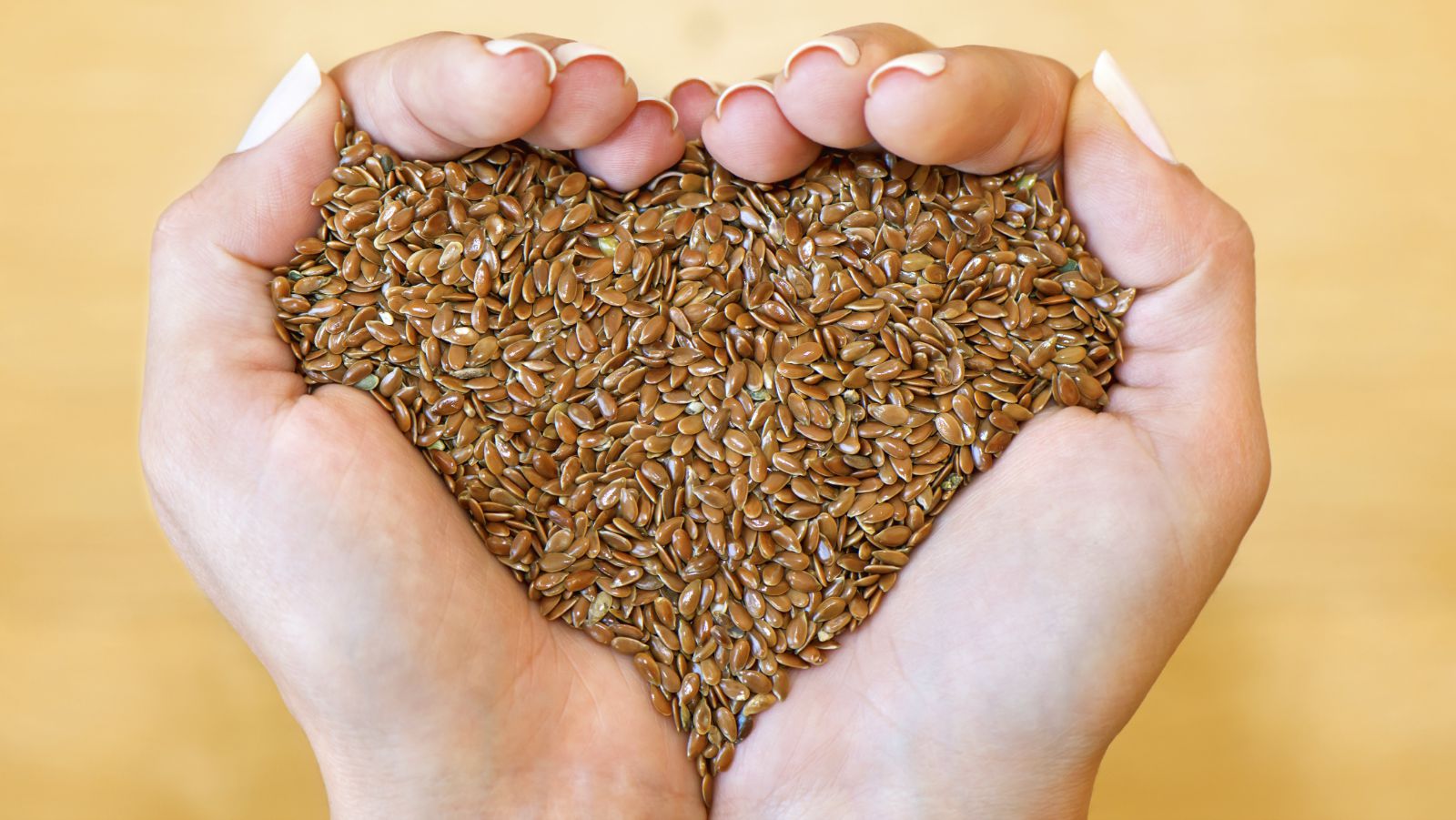Q. I wonder if I can do an intimate lubricant with linhaça seed where it can hurt or have no contraindication?
Mario S. L.
Unaí MG, Brazil
A. Dearest Mario,
My sincere apologies for the English translation of your question. I had to ask Google to translate it from its original Portuguese, and I suspect Google may have slept through a few of its language classes. Still, I think the essence of your query transcends countries and tongues: You’d like to know if it’s safe to use linhaça oil — known stateside as flaxseed oil — as a personal lube. Excellent question, Mario. Let’s get it on.
It sounds like you have some friction with conventional lubes, and for good reason: The standard stuff often contains ingredients such as petrochemicals, endocrine-disrupting parabens, yeast infection-inducing glycerin, and skin-irritating propylene glycol (kind of the opposite effect of what you’re going for, really). Because we’re talking about some particularly sensitive parts of the body that readily absorb many of these problematic substances, it’s smart to think carefully about what we introduce down there.
Enter the all-natural lube, alluring to lovers (of nontoxic personal products) throughout history. (Yes, there are name-brand alternatives, too, but let’s work up to that.) People have turned to a host of slippery household items for their intimacy needs, including egg whites, butter, aloe, and pretty much every cooking oil under the sun: I’ve heard reports of people using olive, vegetable, corn, grapeseed, apricot, avocado, peanut, and coconut oil. These everyday kitchen liquids contain no questionable additives or preservatives, are often quite affordable, and tend to last longer than water-based commercial lubes.
And, more to your point, Mario: Natural lubes are considered A-OK for sexy time use. Gynecologists generally agree that if it’s safe to eat, it’s probably safe to apply, um, topically. Of course, it’s always a good idea to test any new product on the inside of your elbow to check for irritation before you go all the way with it, and also good practice to wash up thoroughly. Flaxseed oil may very well work smoothly for you; in fact, here’s a tutorial on making your own flaxseed-based potion from yours truly.
Be very careful with natural oils if you’re using latex condoms. Any oil-based lube, be it from the family planning or the cooking aisle, can degrade latex, rendering your wise pregnancy and STI protection useless. My lube recipe shouldn’t contain enough oil to make it a risk, says Center for Intimate Arts sexpert Sheri Winston, but I’ll never blame you for playing it safe. Luckily, polyurethane condoms do play nicely with oils, so you can still use the glove in times of love. And while we’re talking downsides of getting down, know that natural oils can stain your sheets.
If the idea of a safer lube strikes your fancy, but you’d rather not dress your erogenous zones quite the same way you dress your salads, you can also look for a greener store-bought product. Good Clean Love, Yes, and Sliquid, to name a few, offer lubes that can claim some combination of being paraben-free, glycerin-free, and organic (and some are safe to use with latex, too). Chemical-free lovin’ – now that’s sexy.
Latin-lovingly,
Umbra



